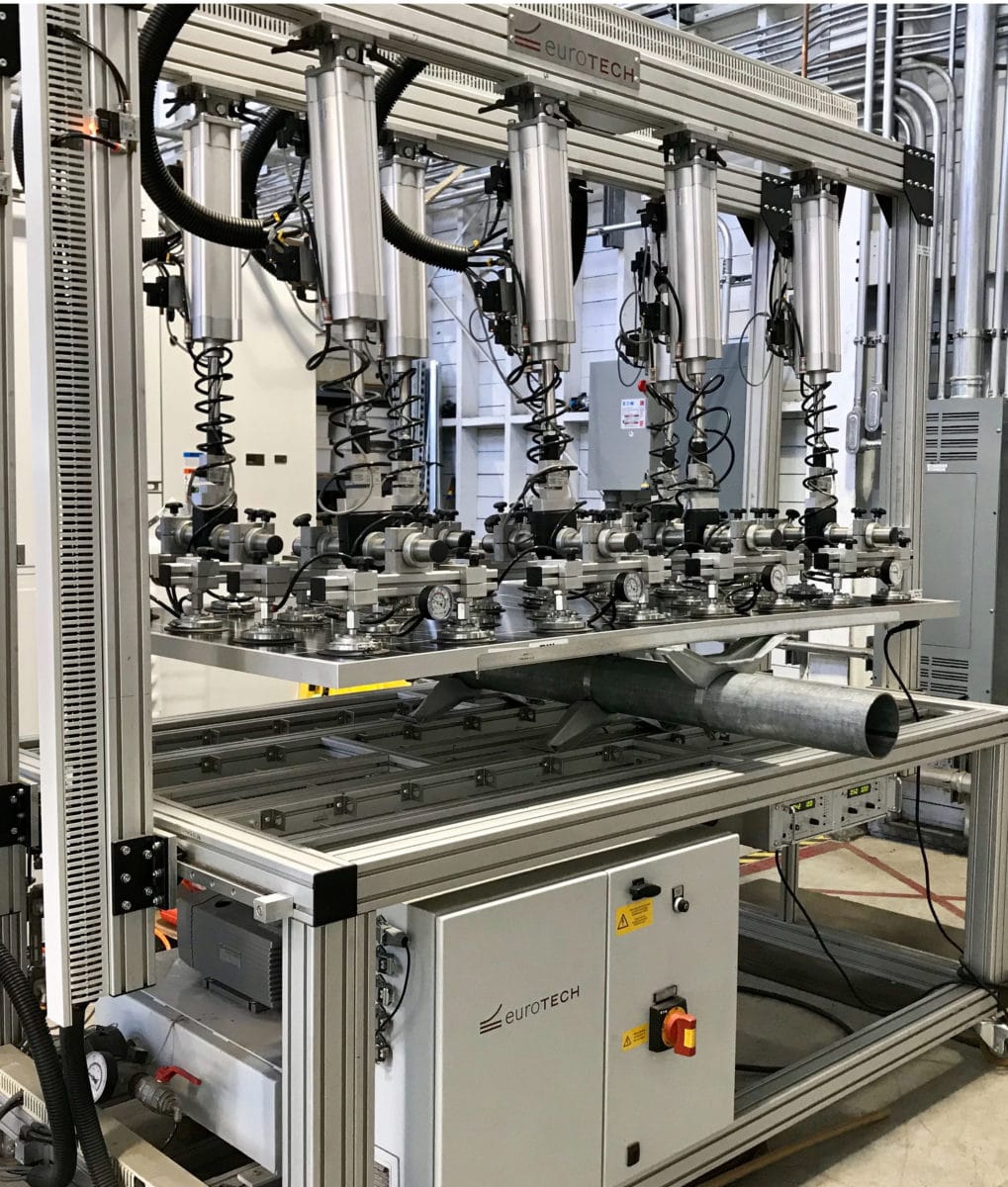From pv magazine Global
Module manufacturing is expanding rapidly, and manufacturers are looking to quickly adapt to demand for products with higher power ratings, and the switch to larger wafer formats.
While many of these changes promise significant advantages in terms of producing more power at lower cost, the products headed out to the field now are quite different to older modules, and reliability concerns are front and center for buyers, and laboratory testing will be key to spotting any issues.
PV Evolution Labs (PVEL) has put hundreds of modules through their paces in its Product Qualification Program (PQP), a sequence of production monitoring and testing that aims to reveal any weaknesses in a module that could result in failure or performance loss once installed in the field. The results are published in the seventh edition of PVEL’s module reliability scorecard.
The report names 117 products from 26 manufacturers as “top performers” in the various testing categories. However, it also notes an increase in failures – 26% of bills of materials included in this years’ scorecard had at least one failure during the testing sequence, compared with 20% in 2020.
“An unprecedented expansion of PV module manufacturing capacity is underway. New factories and production lines are vital as demand for solar power soars, but buyers must be vigilant to avoid the risks inherent to rapid growth,” commented Jenya Meydbray, PVEL CEO. “The preventable safety failures observed in this year’s Scorecard underscore the complex challenges that manufacturers face as they race to meet demand in a highly dynamic global market.”
PVEL notes that while it has tested more than 450 module bills of material to its PQP standard, only those that achieved ‘top performer’ are named in the report.
Critical junction
Among the reports’ key findings is that one in three manufacturers products saw failures in the junction box – including poor sealing of the lid, leakages in the junction box adhesive and junction box bypass diode failures – and that many of these occurred “out of the box” before PVEL had even begun testing of the modules.
With this in mind, the report notes that junction box quality may be something that’s frequently overlooked during manufacturing. They also note that this is one of the last stages in module production that is still most often carried out manually by factory operators, and has seen significant changes with new module designs. “A possible cause of increased failures is that some junction box production steps are difficult to automate. Junction boxes are usually installed and sealed manually, even in state-of-the-art factories where other processes are automated,” states the report. “Further, before 2018 one junction box per module was typically installed. Most modern modules contain three junction boxes to accommodate the electrical properties of half-cut cells, and precise placement is required so as not to shade cells. Imprecise handiwork in this process can result in defects.“
Avoiding failures
Aside from junction boxes, PVEL noted that the largest number of failures occurred during its mechanical stress sequences which were newly added to the PQP sequence to simulate extreme weather conditions in the field.
And as far as avoiding failures in the field goes, PVEL advises the industry to keep doing extensive testing, and for buyers to be specific about the bill of materials in a module, and only purchase those that have been tested. “From glass to junction box, PVEL’s latest Scorecard again demonstrates that the quality of a PV module depends in part upon the materials it contains –yet many buyers never request BOM details from suppliers,” said PVEL’s Chief Commercial Officer Tara Doyle. “Between supply chain instability and the ever-present push for lower prices, one cannot assume that every module sold under a given model type uses tested BOM components. Buyers must specify their desired BOM in supply contracts to achieve this.”
This content is protected by copyright and may not be reused. If you want to cooperate with us and would like to reuse some of our content, please contact: editors@pv-magazine.com.









By submitting this form you agree to pv magazine using your data for the purposes of publishing your comment.
Your personal data will only be disclosed or otherwise transmitted to third parties for the purposes of spam filtering or if this is necessary for technical maintenance of the website. Any other transfer to third parties will not take place unless this is justified on the basis of applicable data protection regulations or if pv magazine is legally obliged to do so.
You may revoke this consent at any time with effect for the future, in which case your personal data will be deleted immediately. Otherwise, your data will be deleted if pv magazine has processed your request or the purpose of data storage is fulfilled.
Further information on data privacy can be found in our Data Protection Policy.